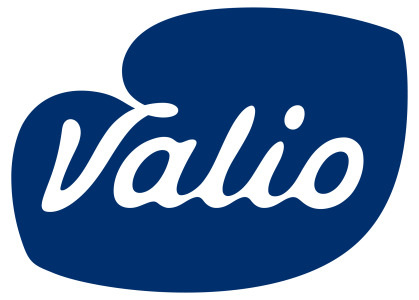News
Are plant-based alternatives healthier than meat?
23 Sep 2019Diets high in red and processed meat have been linked to a range of health problems, leading many consumers to choose more plant-based alternatives. But are fake meat products like burgers, sausages and nuggets really a healthier option?
A new generation of plant-based meat alternatives has entered the market, with the aim of mimicking meat as closely as possible. Their manufacturers often tout them as a way of speeding the transition away from high levels of meat consumption, for the sake of the environment and also for human health. However, a recent study in the Journal of the American Medical Association cautions against extrapolating the well-documented positive health effects of a vegetarian diet to these meat analogue products.

When compared to a standard meat-based burger patty, vegetarian substitutes do tend to be lower in total and saturated fat, but some of the world’s most successful products in the category, like the Beyond Burger and Impossible Burger, are also higher in sodium. In terms of calories and protein, they are comparable to their meat counterparts. However, no one recommends that burger patties should be the sole protein source in anyone’s diet – whether they are made from meat or plants.
As the authors of the JAMA article suggest, it is important to consider dietary context. That is, most people do not replace meat at every meal with plant-based alternatives. Instead, they may consume a vegetarian burger patty instead of an ordinary burger patty, but are unlikely to be replacing all meat, chicken and fish with vegetarian burger patties or sausages. What is more, traditional alternatives, such as tempeh, tofu and seitan could also be used as meat alternatives in a vegetarian diet, and nutritious protein sources like nuts, seeds, legumes and pulses are often consumed more regularly as part of a plant-based diet. On the other hand, if fake meat products are being used in the place of beans and lentils, they are likely to lead to lower overall diet quality.
Recently, plant-based meat analogues also have come under fire for their long ingredient lists. Some had assumed that meat alternatives were exempt from the clean label trend, as they tended to contain a lot of ingredients, perhaps including thickeners, preservatives, flavourings, oils or hydrocolloids that the most consumers would not recognise. The theory was that consumers of such products tended to place more importance on animal welfare than on natural ingredients. However, pulses and recognisable vegetable ingredients like pea protein, kale, spinach and beans are gaining in popularity, according to Mintel.
The market researcher has found that taste is still the top priority for consumers of meat alternatives, but health is also an important purchase driver, particularly among younger consumers of plant-based proteins.
Responding to growing demand, suppliers of alternative proteins, including Roquette, Cargill and Valio, have been investing in new production lines and facilities. According to Eurostat figures, the land area used to grow pulses in the European Union increased by about 65% from 2013 to 2015.
There is no question that the move toward meat alternatives has become a major food trend. But whatever reasons consumers give for their choices, manufacturers must bear in mind other macrotrends in the industry if they aim to stay relevant, including those for clean label ingredients, reduced salt and saturated fat.




